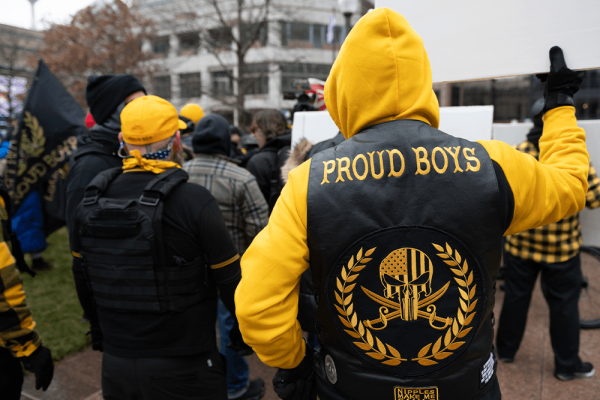Feb 13, 2025
In June 2023, Metropolitan AME successfully sued the Proud Boys, winning a $2.8 million judgment through default judgement for trespassing and vandalizing our property. But because they have yet to pay, our church creatively sought to ensure payment by stripping the hate group of its trademark, meaning they can no longer sell merchandise to fund their hate — unless our church allows it. Any profits the Proud Boys earn from using the trademark must be paid to Metropolitan to help fulfill the multi-million-dollar default judgment.
Read the Full Article

Already a subscriber? Login
